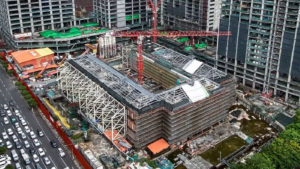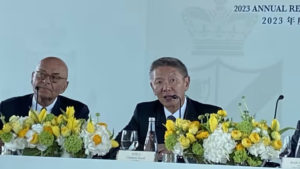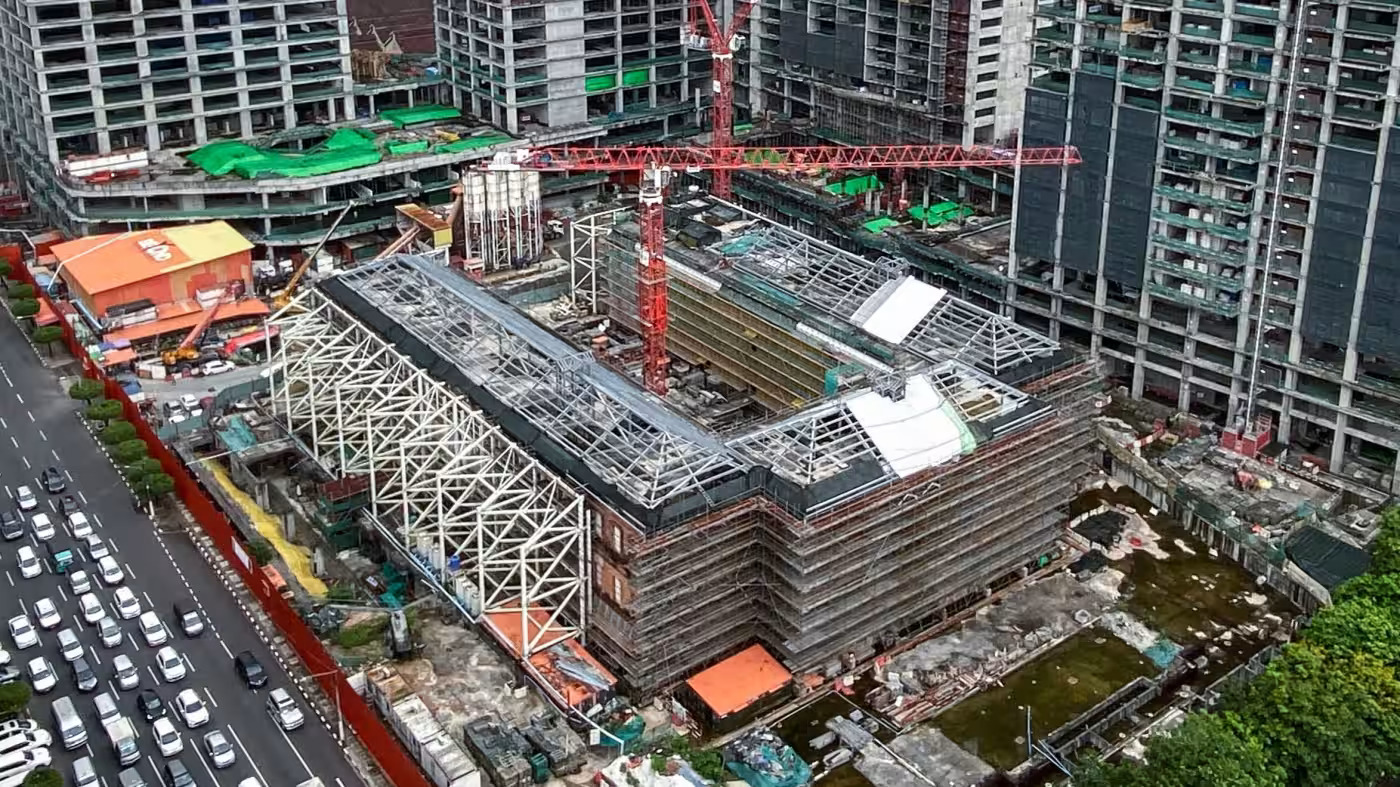
Peninsula Hotels group says $130m Myanmar project still stalled
Hong Kong operator makes first post-COVID profit but greater China a strain
The operator of the upscale Peninsula Hotels chain said on Tuesday that it is unsure when it will be able to resume its $130-million project in Yangon, which has stalled since the military toppled the incoming democratically elected government three years ago.
The company said, however, that it had agreed with local partners to complete some basic groundwork ahead of the project’s resumption, but it gave no timeframe.
“The hotel project is still on hold,” said Clement Kwok, CEO of Hongkong and Shanghai Hotels, during the annual earnings briefing held at the group’s flagship property in the Kowloon district of Hong Kong.
The hotel project in Yangon is a joint venture with Myanmar tycoon Serge Pun’s Yoma Group, which comprises Singapore-listed Yoma Strategic Holdings and Yangon-listed First Myanmar Investment. Hongkong and Shanghai Hotels owns 70% of the joint venture, with the rest held by the Yoma side.
The planned 88-room hotel is part of plans to redevelop the former colonial-era Myanmar Railway headquarters in the heart of country’s old capital. The project kicked off in 2014 and was supposed to have been completed in 2022.
Four months after the military coup in February 2021, construction stopped, leading the Hong Kong company to record an impairment charge of 679 million Hong Kong dollars ($86.8 million now), or about 85% of the project’s book value that year.
Kwok said: “At the moment, we do not think the environment is suitable for us to complete the hotel.” He described the situation on the ground as “somewhat uncertain” and “little bit difficult to predict.”
The situation in Myanmar remains dire. The Armed Conflict Location and Event Data Project, a U.S.-based nonprofit organization that monitors global conflicts, estimates that at least 8,000 civilians have been killed since the coup, but other sources have suggested much higher numbers.
The Assistance Association for Political Prisoners, a local organization based in Yangon and Mae Sot in Thailand, said the military regime has arrested over 26,000 people, of whom over 20,000 are still in jail.
“We don’t want to give it up,” said Kwok, noting that the company owns the land rights and the conditions of the deal have not changed. He said the company has agreed with its Myanmar partners to finish building the roof together so “at least there’s a complete building for the future.”

After the press briefing, Kwok told Nikkei Asia that the Myanmar project was “going to take some time,” as all parties involved are “not in a hurry. We are spending some money just to put the building into a decent condition.”
Yoma Group said last November that it is preparing to resume construction of the Yoma Central project, a large-scale development next to the planned Peninsula Hotel. The Myanmar conglomerate holds 60% of that project, whose other shareholders include a Japan consortium led by Mitsubishi Corp. and Mitsubishi Estate.
Yoma Group’s spokesperson told Nikkei on Tuesday that the company had no further updates regarding that project or its collaboration with the Mitsubishi Group.
Its stalled Myanmar project aside, Hongkong and Shanghai Hotels has had an “exciting” and “landmark” year. Revenue surged 93% to HK$8.11 billion in 2023 from the previous year, thanks to the post-COVID pandemic recovery in global travel.
The company returned to a net profit of HK$146 million in 2023 from a loss of HK$488 million a year ago, marking its first positive earnings since 2019. As a result, the company is paying out a dividend of HK$0.08 per share, its first in four years.
Last year marked another milestone for the company because it opened two new hotels — in London and Istanbul — within a 12-month period for the first time in its history of over 150 years.
It noted, however, that its hotels in Hong Kong, Shanghai and Beijing were the only ones in its 12-property portfolio not to have returned to their pre-COVID performance. The main reason Kwok cited was geopolitical tensions that have kept affluent tourists, mainly from the U.S. and the U.K., away from China.
But its Tokyo operation continues to be a clear beneficiary of that trend, achieving record revenue and room occupancy.
While seeing some signs of recovery, Kwok said the company was ready for the long game in greater China. “These things recover in a gradual way,” he said.
Source: https://asia.nikkei.com/Business/Travel-Leisure/Peninsula-Hotels-group-says-130m-Myanmar-project-still-stalled


